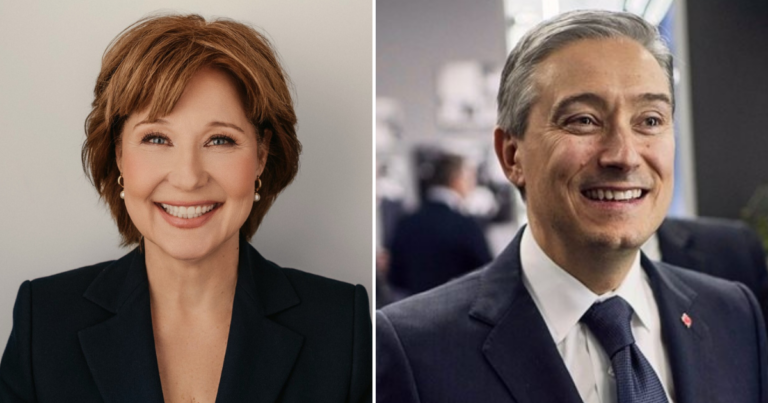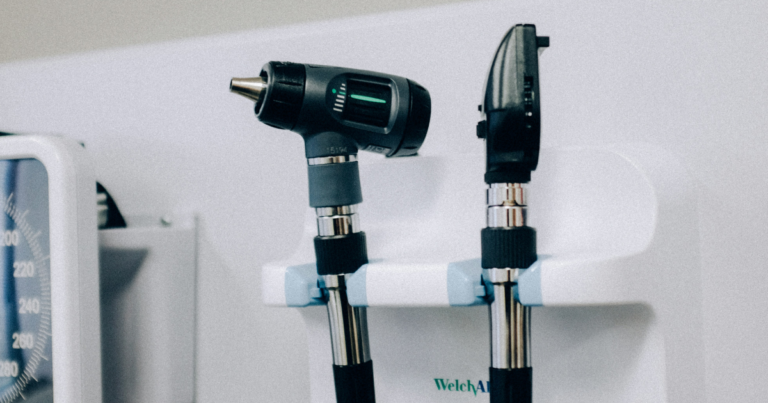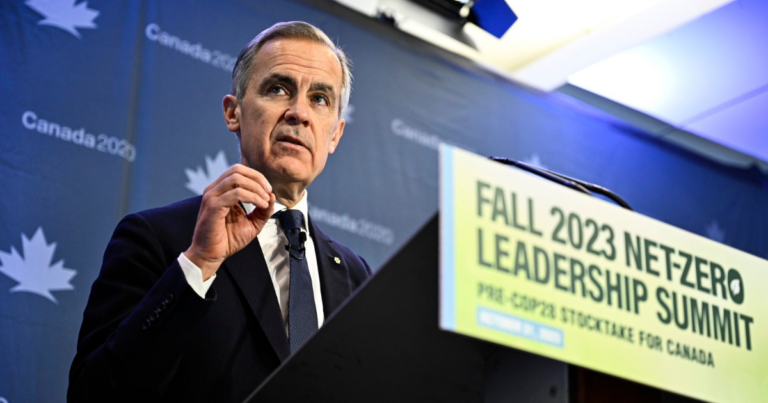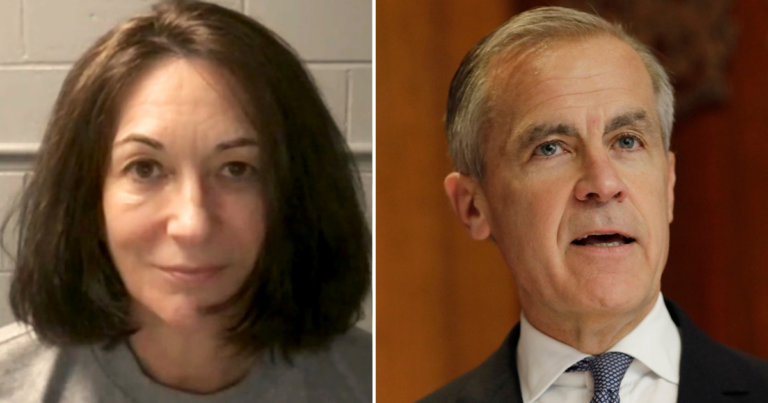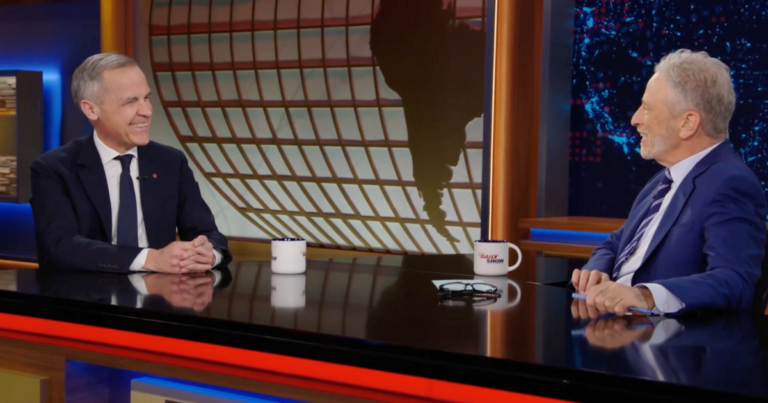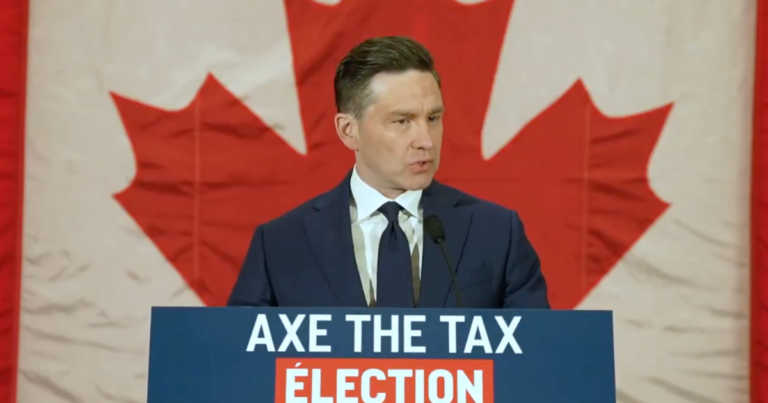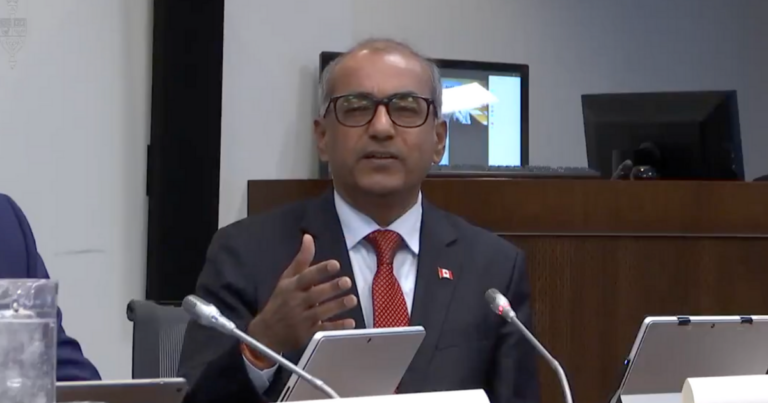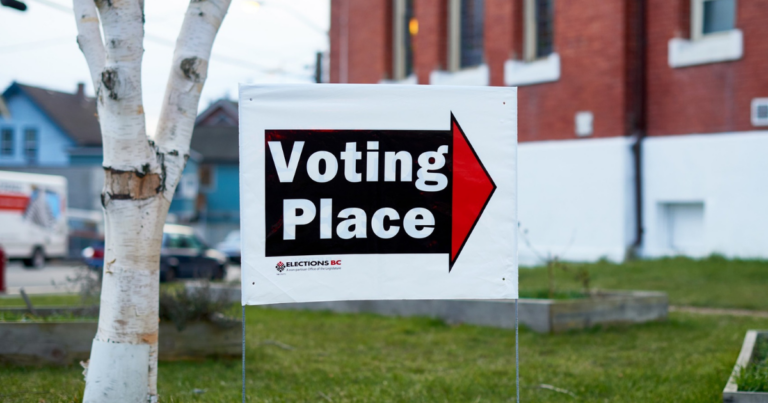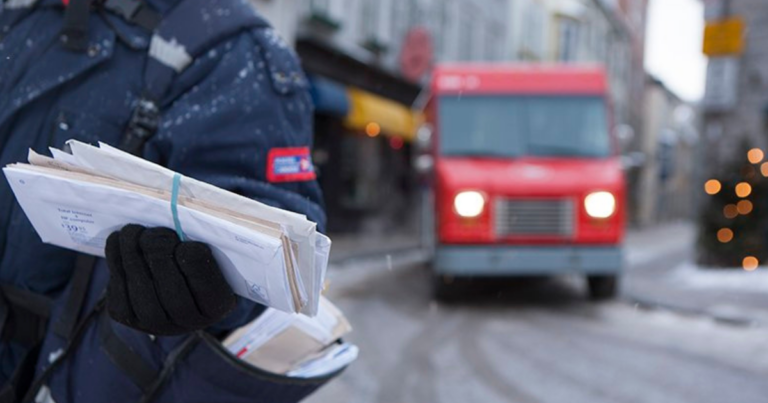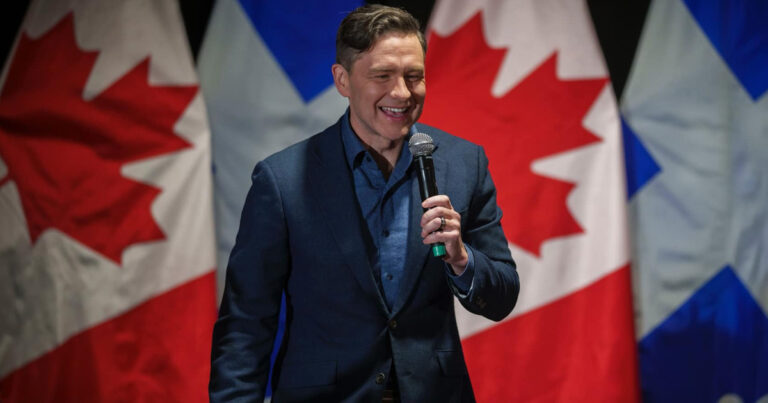Former B.C. premier Christy Clark and Innovation Minister François-Philippe Champagne will not seek the Liberal party’s leadership.
These exits come as reports indicate former Bank of Canada governor Mark Carney, former deputy premier Chrystia Freeland, and Liberal House leader Karina Gould are set to announce their candidacies in the coming days.
The Liberals are set to replace Justin Trudeau as their leader and Canada’s prime minister Mar. 9.
Champagne announced Tuesday that he would not be seeking his party’s leadership.
“A difficult decision but one I take with Canada at heart,” Champagne said in a post on X. “Thanks to Canadians, colleagues & organizers from across the country who share the vision of a proud, ambitious and prosperous Canada.”
I won’t be seeking the leadership of the Liberal Party of Canada in the upcoming race.
— François-Philippe Champagne (FPC) 🇨🇦 (@FP_Champagne) January 14, 2025
A difficult decision but one I take with Canada at heart. Thanks to Canadians, colleagues & organizers from across the country who share the vision of a proud, ambitious and prosperous Canada. pic.twitter.com/okwTMNTvfD
Clark also bowed out in an email to volunteers, saying she didn’t feel she had enough time to mount a proper campaign.
“I won’t be in this leadership race, but I won’t stop fighting. Pierre Poilievre would rather attack Canadians than call out Donald Trump,” she said in a post on X. “We need the Liberal Party at the top of its game.”
I want to thank the hundreds of volunteers across Canada who’ve pledged their support for me over this past week. We’ve put together an amazing team on very short notice.
— Christy Clark (@christyclarkbc) January 14, 2025
But, friends, I have made the difficult decision to step back.
While we have come a long way, in a…
Despite Clark’s criticism that Conservative Leader Pierre Poilievre hasn’t “called out” President-elect Donald Trump, he vowed retaliatory tariffs against Trump if he were elected.
Clark’s announcement comes after she was caught lying about being involved in the Conservative leadership race where she supported former Quebec Premier Jean Charest’s bid.
According to Global News, sources close to Government House leader Karina Gould say she is set to enter the race too, though she has yet to make an official announcement.
Many expect Liberal finance adviser and former Bank of Canada governor Mark Carney and Trudeau’s former deputy Prime Minister Chrystia Freeland to run for the Liberal leadership, too.
Carney said he “just started thinking about” running in the Liberal leadership race on Jon Stewart’s The Daily Show on Monday and is expected to launch his campaign in Edmonton on Thursday.
In the interview, Carney billed himself as an “outsider,” untainted by the Trudeau government, though in September, he was appointed as the finance adviser to the Liberal party.
Reports say members of Trudeau’s team are already involved in Carney’s campaign. According to the Toronto Sun, Gerald Butts, Trudeau’s former principal secretary, and Katie Telford, Trudeau’s chief of staff, are calling potential supporters on Carney’s behalf.
Freeland has yet to announce that she is running, but there have been reports that she is planning to do so on the eve of President Donald Trump’s inauguration.
Only two candidates have officially announced bids for leadership so far.
Chandra Arya, a Liberal MP, is running on making Canada a “sovereign republic” and fixing the immigration system, though he never said how it would be done.
Chandra was a vocal advocate against a foreign agent registry that would force agents of foreign governments to register their activities in Canada. He said that Quebecers don’t care that he can’t speak French and is an ardent supporter of establishing a “Palestinian state.”
The second candidate is former Liberal MP Frank Baylis. His medical supplies company, Baylis Medical, was subject to ethics committee investigations following accusations from Conservatives who noted the former Liberal MP’s company had received millions of taxpayer handouts from the Liberal government just weeks after he left office.
